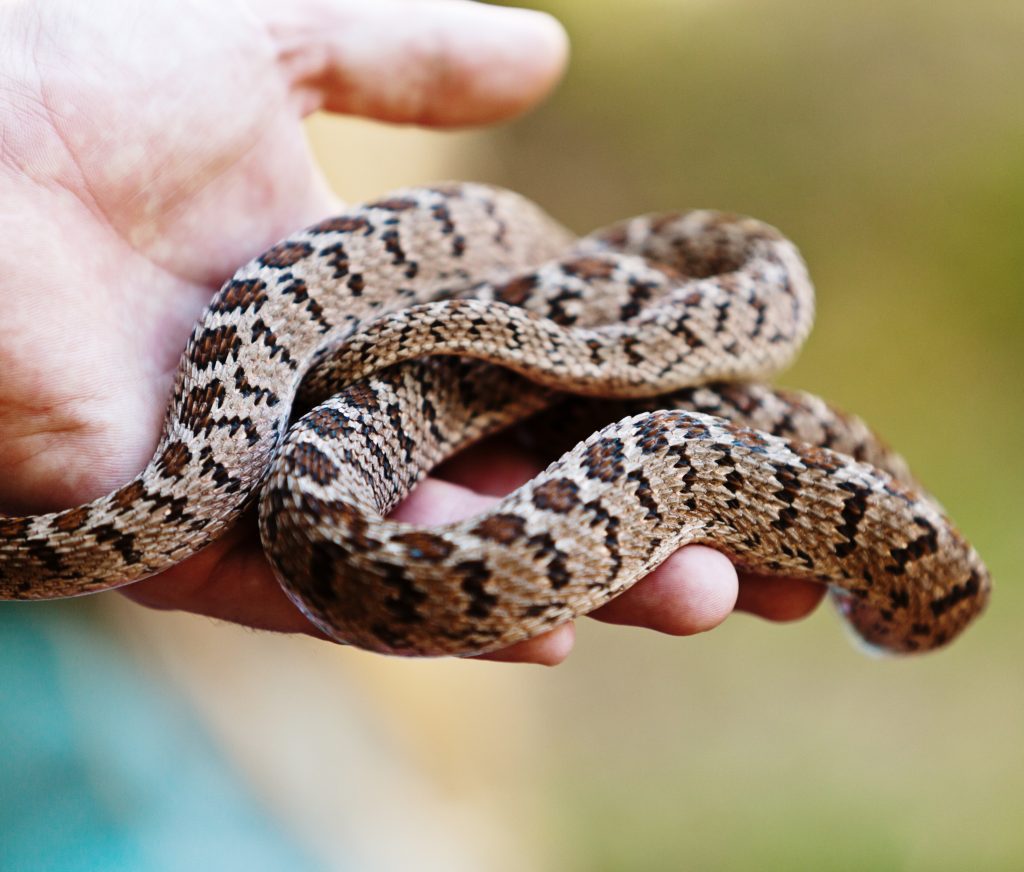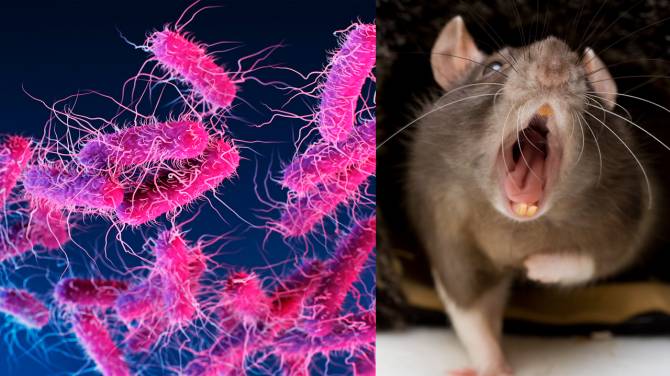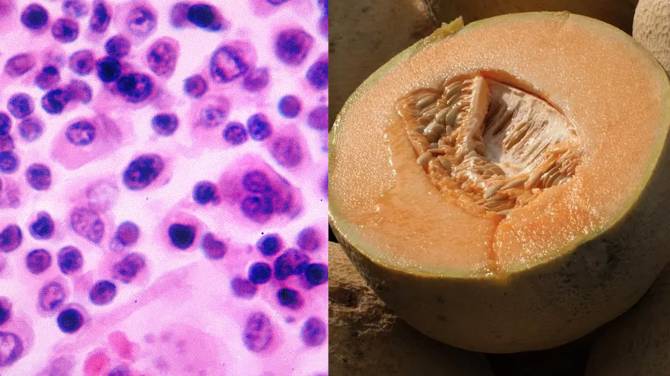An ongoing salmonella There has been an outbreak in Canada related to snakes and rodents, resulting in the death of one person and the hospitalization of 10 others. Public Health Agency of Canada says.
In a officials issued a public health notice on Tuesday., PHAC stated that at least 70 cases in eight provinces have been confirmed as part of an outbreak that started in 2022.
Cases have been reported in British Columbia, Alberta, Saskatchewan, Manitoba, Ontario, Quebec, New Brunswick, and Newfoundland and Labrador.
PHAC said in its notice that many of the sick individuals had been in contact with snakes and feeder rodents before becoming ill.
Some of those who became sick did not directly handle the snakes or feeder rodents, but lived in the same house where they were kept.
The illnesses occurred between February 2022 and February 2024.
According to PHAC, an investigation was initiated last spring due to an increase in reports of salmonella illnesses in several provinces.
Officials used a technique called whole genome sequencing to confirm that some of the salmonella cases from 2022 were caused by the same outbreak strain as more recent cases.
The source or supplier of products linked to the outbreak has not yet been identified.
The agency mentioned that the outbreak is still ongoing and new illnesses are being reported to PHAC.
This is This is not the first time that a salmonella outbreak related to snakes and rodents has been identified in Canada.
Between April 2017 and November 2020, a total of 106 people were infected in seven provinces.
How to protect yourself
Salmonella is a bacterial infection commonly spread through contaminated food and water. It poses a significant health risk, especially to children and older adults, as it can lead to severe gastrointestinal symptoms, dehydration, and, in extreme cases, death.
People can also get sick with salmonella infection by directly touching reptiles and rodents and their food and environment, as well as through indirect contact by touching contaminated surfaces where these animals are present.
To avoid infection, the agency provides the following advice among other recommendations in its public health notice: always wash your hands thoroughly with soap and water immediately after touching a reptile or rodent, and anything they eat, or after being in the area where they live, play or touch
- if visiting an exhibit or event with reptiles or rodents, wash your hands when you leave animal areas, even if you do not touch the animals directly
- clean any surfaces or objects your reptile or rodent touches with soapy water followed by a household sanitizer
- never kiss a pet reptile or rodent
- always supervise children when they touch or play with reptiles or rodents
- keep reptiles and rodents, as well as their food, containers, enclosures, and any objects that have been in their enclosures, away from the kitchen and other areas where food is prepared or consumed
- cleaning or washing reptiles or rodents in a specific plastic container, not in the kitchen or bathroom sink
- Signs of salmonella infection usually begin between six and 72 hours after being exposed and may continue for four to seven days. These signs can include fever, chills, nausea, vomiting, diarrhea, headache, or stomach cramps.
If you think you have salmonella, PHAC suggests consulting a healthcare provider.
Most people recuperate on their own without medical care, the organization said.
However, because salmonella can cause serious dehydration, a trip to the emergency room may be necessary. There is also the risk of severe illness if the infection has spread beyond the intestines, and antibiotics may be necessary.
— with files from Global News’
Katie Dangerfield A current salmonella outbreak in Canada linked to snakes and rodents has resulted in the death of one person and the hospitalization of 10 others, according to the Public Health Agency of Canada.





